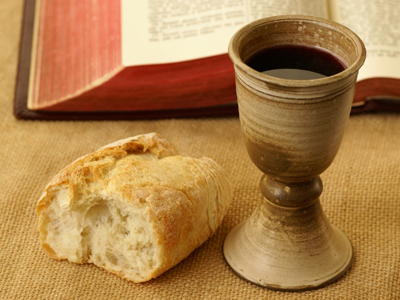

Christianity - Rites of Passage
This GCSE RE Christianity quiz takes a look at rites of passage. 'Rites of Passage' is the anthropological title for the set of ceremonies accepted and repeated within a society (or faith community) to mark major milestones in individual lives such as birth, reaching adulthood, marriage, the arrival of children, and, in due course, death. Christianity has a wide range of practice and belief about these important moments, and this quiz aims to help you familiarise yourself with at least the main outlines of Christian thought and behaviour.
A birth ~ the gift, and start, of a new life with all its potential (which we can only guess, but Christians believe God knows) ~ is clearly worth celebrating with the family, friends and wider worshipping community. It would be surprising if there were no rituals associated with that.
On The Day, what is the ceremony known as, and by whom is the 'upgrade' conferred?
Some Christian denominations are against alcohol in any shape or form since its use can, regrettably but obviously, lead to people losing control of their lives and actions; but it would clearly be wrong to base such abstinence on any claim of Jesus not touching wine Himself (in moderation presumably) on social occasions ... not least the Last Supper at the far end of His earthly ministry.
That the person being married will promise to look after their spouse ...
The Christian belief is that once the soul has 'gone home to God', there is no further need for the mortal 'casing' in which it dwelt during the life in question. The remains should of course be disposed of in a respectful manner but there is no purpose in keeping them.
Ready for more?
not all...
quizzers. Try to win a coveted spot on our Hall of Fame Page.






